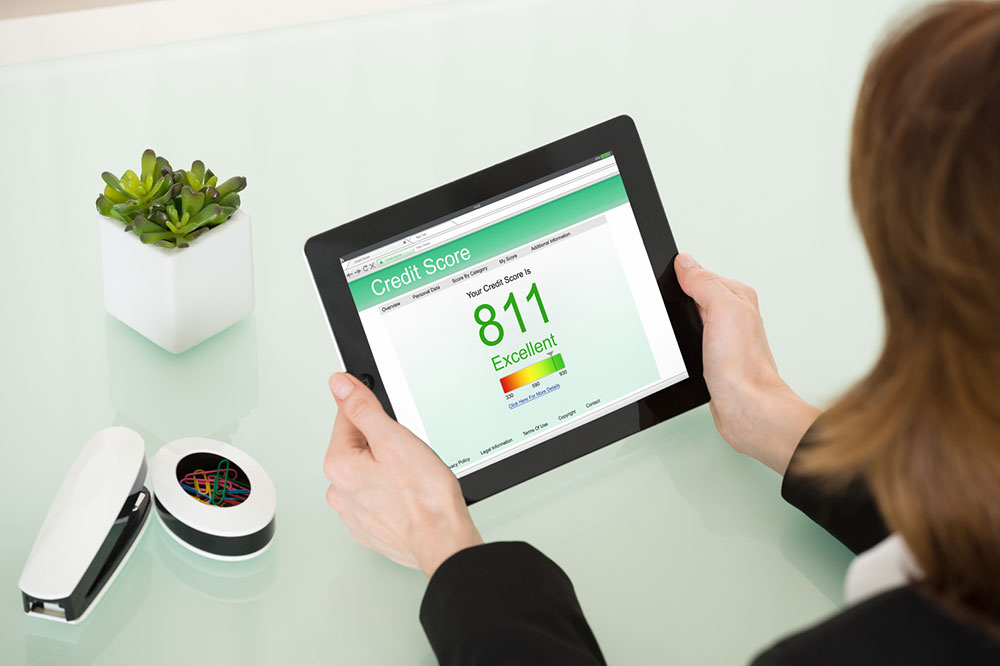Effective Strategies to Prevent Credit Card Debt
Discover practical tips to manage and prevent credit card debt effectively. Learn how to create a budget, pay bills responsibly, prioritize debts, and maintain a healthy credit utilization rate to secure your financial future. These strategies promote responsible credit use and help maintain financial stability, avoiding overwhelming debt and improving your credit score.

Smart Ways to Keep Your Credit Card Debt Under Control
Using a credit card wisely can be highly beneficial for managing personal finances. When used responsibly, it offers convenience and flexibility. However, overspending beyond your means can lead to overwhelming debt. To avoid falling into this trap, consider these essential tips for maintaining healthy credit habits.
Create a Realistic Budget
Understanding your income and expenses is crucial. Many underestimate their monthly spending, risking debt accumulation. A detailed budget helps you keep track of your financial commitments, identify unnecessary expenses, and prioritize savings. Experts recommend saving enough to cover three to six months of expenses for emergencies, preventing reliance on credit cards during financial setbacks.
Pay Off Balance in Full
Avoid carrying balances from month to month by paying your credit card bills completely whenever possible. This prevents interest from building up and keeps your debt manageable. If paying in full isn't feasible, pay at least the minimum amount to avoid late fees. Consider transferring balances to a zero-interest card if eligible, and seek assistance from reputable debt relief organizations if needed.
Manage Your Debts Wisely
Prioritize paying off high-interest credit cards first, and keep a list of debts to stay organized. Essential expenses like rent and utilities should always take precedence. Reducing the number of credit cards can limit impulsive spending and improve your credit profile, making it easier to manage repayments and enhance your credit score.
Maintain a Low Credit Utilization Rate
Your debt-to-credit ratio affects your creditworthiness. Keep this ratio below 30% by avoiding maxing out credit cards. A low utilization rate not only benefits your credit score but also minimizes interest costs. Responsible credit use can lead to better borrowing terms and lower interest rates, making debt management easier.
Disclaimer: Our blog offers valuable insights across various topics, based on thorough research. However, the information is for guidance only and not a substitute for professional advice. We do not guarantee the accuracy of external data or the availability of specific schemes. Readers are encouraged to verify details independently and consult financial experts when necessary.










